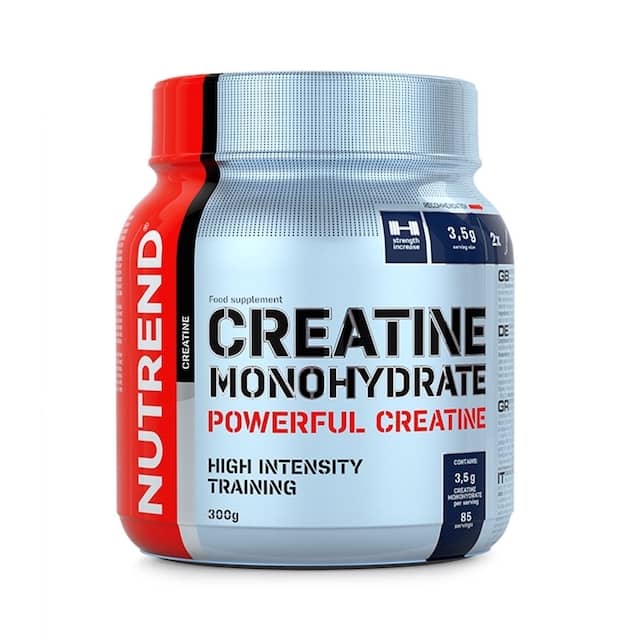Creatine is an amino acid present in muscles inside the body, helping you with an extra punch of energy when you indulge in some form of intensive activity. When you switch to a plant-based diet, there are so many concerns about nutrients, one of the most important being creatine. Let us try to address this nutrient for a plant-based diet in this post.
So, is creatine plant based? No, creatine is not plant based. There is no natural, plant-based source for Creatine. It comes mainly from meat, eggs and seafood. Creatine supplements are generally created in the laboratory using synthetic compounds.

Below, we try to find out whether there is any plant-based alternative for creatine that suits this diet.
Top 3 Creatine Substitutes For A Plant Based Diet
While vegetarians and plant-based diet followers are deficient in creatine, there are several supplement products available in the market to make up for it. However, many of these are chemically synthesized and not suitable for a plant-based diet.
You can substitute animal-based creatine by including natural, wholesome nutrient supplement products in your daily diet. While the most beneficial for creatine are animal products like meat, chicken and fish, some plant-based foods help synthesize the amino acids required for creatine production in the body.
Nuts
Nuts are an inevitable part of a plant-based diet as you avoid animal foods for protein and other nutrients essential for good health. Nuts are rich in mono and poly unsaturated oils and contain huge amounts of protein. Legumes are also rich in lean protein, often necessary for creatine production.
Try to include a variety of nuts, particularly tree nuts like walnuts, almonds, pecans, pistachios, cranberries and Brazil nuts that have more protein and healthy fats. They can make up for the animal-based nutrients your body may need to produce enough creatine if consumed on a regular basis as a part of your plant-based diet.
Seeds
Super healthy and highly nutritious, seeds are a must for those who follow a plant-based diet. They are rich in healthy monounsaturated and polyunsaturated fats in addition to important minerals, vitamins and antioxidants. They also provide protein in good amounts to encourage creatine synthesis in the liver.
Flaxseeds contain high amounts of omega-3 and omega-6 fats and other nutrients. Chia seeds, pumpkin seeds, sesame seeds, sunflower seeds and hemp seeds also have omega fatty acids and healthy fats often associated with good health and energy.
Seaweed
A highly nutritious supplement for those who follow a plant-based diet, seaweed is high in several minerals and trace elements. They offer high amounts of omega fatty acids, vitamins A, C, E, B and phosphorus, iron, copper and other minerals.
Certain varieties of seaweed contain higher protein as compared to others and provide all the amino acids the body needs for creatine production. Seaweed is a complete source of protein for those who avoid animal protein sources in their diet.
Most Popular Questions: